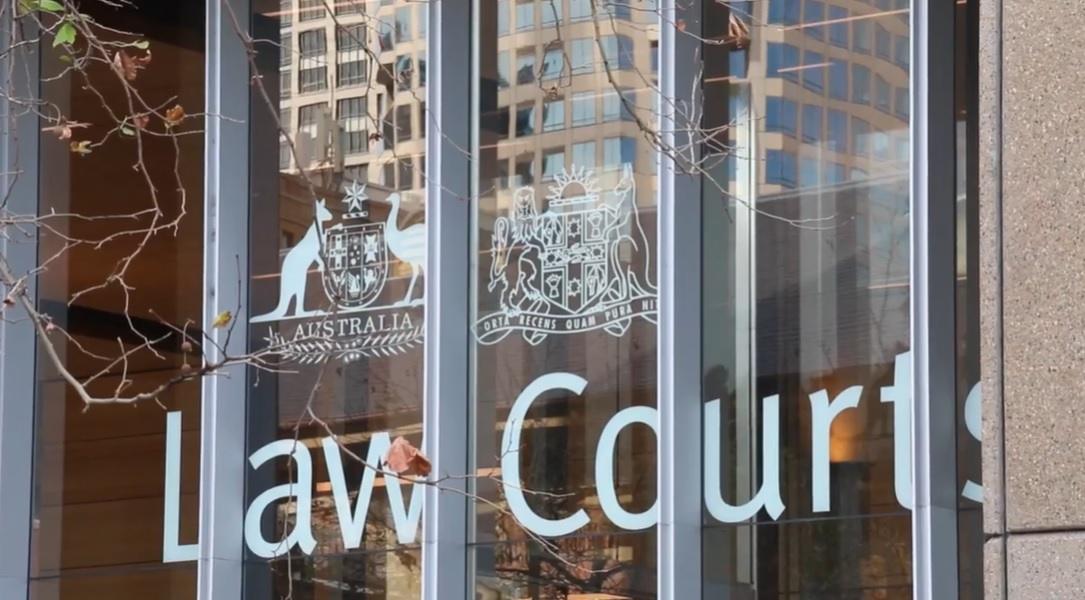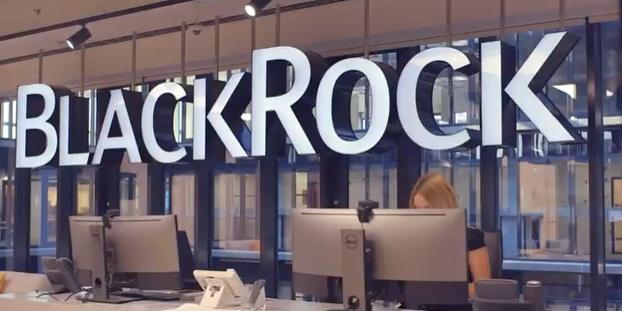Australia Court Finds Active Super Guilty of Making Misleading ESG Investing Claims
A federal court in Australia ruled today that superannuation fund Active Super trustee LGSS Pty Limited contravened the law by making misleading ESG investing representations to its members, by continuing to invest in securities in areas that it had claimed to eliminate for environmental or social reasons.
The judgement follows the filing of a suit last year by Australia’s corporate, markets, and financial services regulator, the Australian Securities & Investments Commission (ASIC), arguing that from 2021 through 2023 Active Super invested in securities that it had claimed to have eliminated or restricted by ESG investment screens, in areas including gambling, coal mining and oil tar sands, as well as Russian investments following a restriction added after the invasion of Ukraine.
In its suit, ASIC listed 28 holdings by Active Super which exposed members to these areas, such as holdings in casino operator Skycity Entertainment Group, tobacco company Amcor, and Russian oil and gas companies Gazprom and Rosneft.
Among the arguments brought by the Active Super trustee defending the holdings were claims that some of the investments were made indirectly through its holdings in pooled funds, and that consumers would draw distinctions between direct and indirect holdings.
In the ruling, however, Justice O’Callaghan wrote that “it seems to me that such a consumer would not draw that distinction,” particularly as Active Super website said that there was “No Way” it would invest in these areas, indicating “that there was a way in which it would do exactly that, by investing indirectly.”
Justice O’Callaghan added:
‘If such a consumer was told, as they were told, that there was “No way” that LGSS would invest in tobacco or gambling, he or she would not search around for some investment policy that might qualify such statements. Absent some indicator on the face it, such as a footnote or asterisk with some accompanying statement that the apparently unqualified language was, in fact, something that was subject to qualifications or limitations, they would have no reason to.”
The court did not find in favor of ASICs claims in all counts, with conclusions that Active Super’s investments in companies involved in the production of packaging used for tobacco products did not violate its representations, and that specific representations in its Sustainable and Responsible Investment Policy were not misleading with respect to Russian or oil tar sands investments.
The ASIC suit formed part of a series of a series of greenwashing-focused actions by the regulator, including cases against Marsh McLennan company Mercer Superannuation and Vanguard Investments. The cases follow a warning by ASIC Chair Joseph Longo to providers of investment funds and financial products that the regulator was watching out for misleading sustainability claims, and that it was providing guidance for fund managers and issuers to keep clear of greenwashing.
Following the ruling, ASIC Deputy Chair Sarah Court said:
“This is a significant outcome which shows our commitment to taking on misleading marketing and greenwashing claims made by companies in the financial services industry. ASIC took this case because it sends a strong message to companies making sustainable investment claims that they need to reflect their true position.”
The court said that it will hold a further hearing to consider the appropriate form of declaratory relief, and that it will consider ASIC’s claims for pecuniary penalties.






